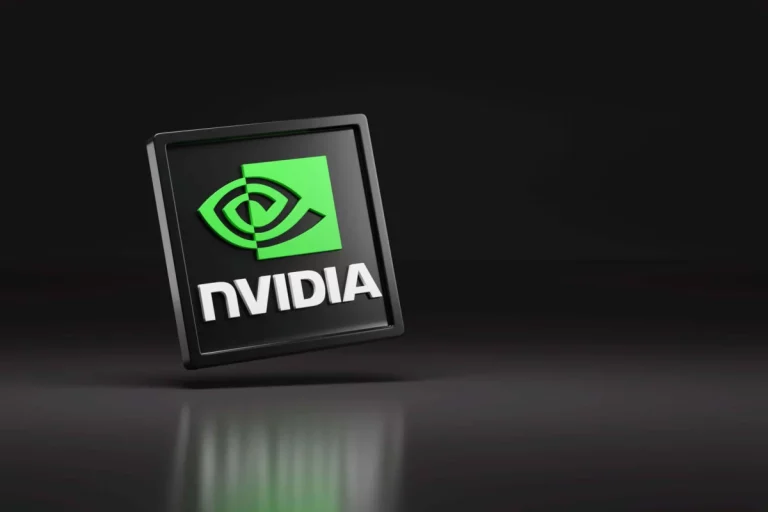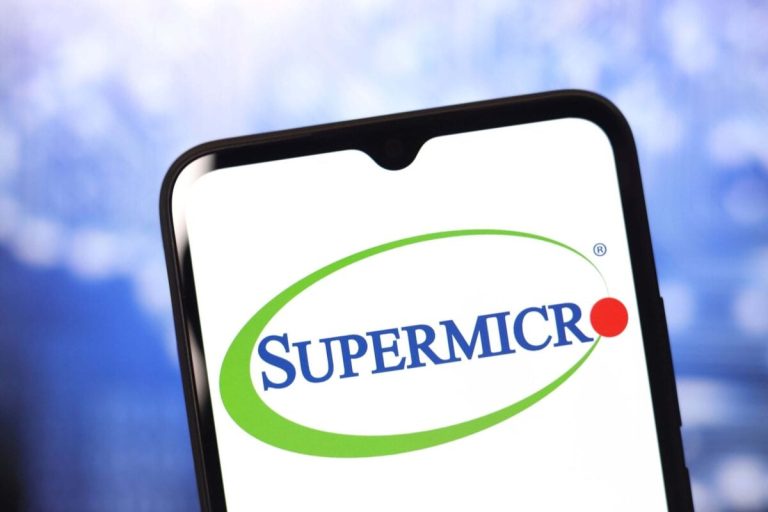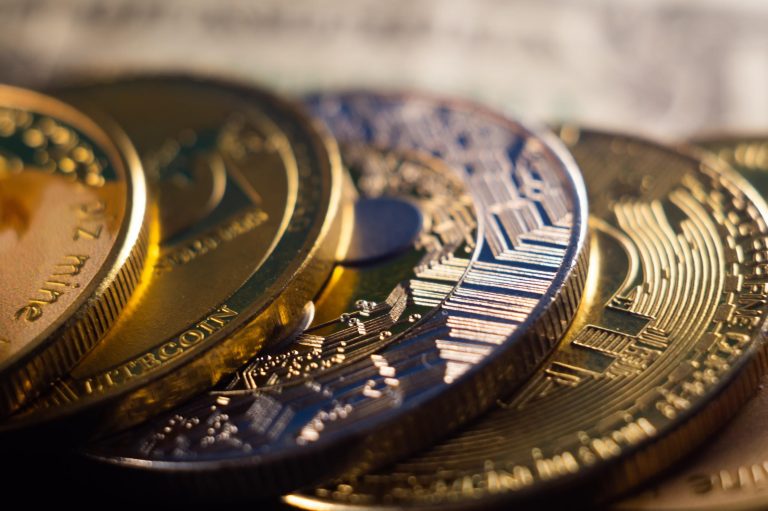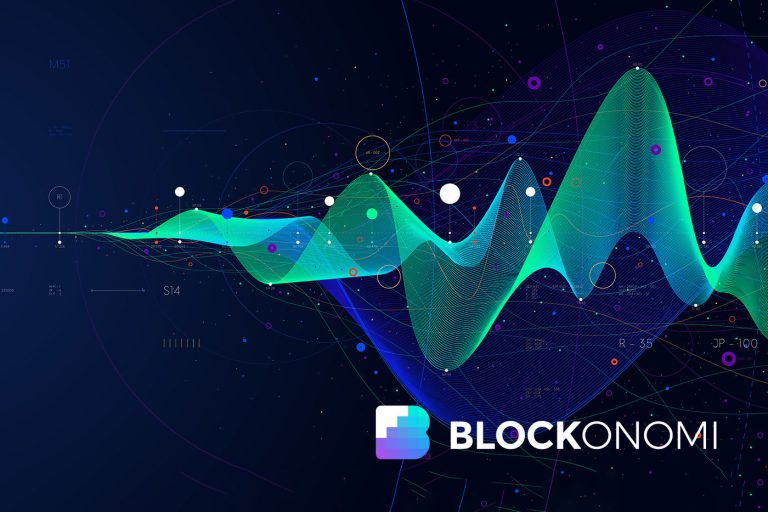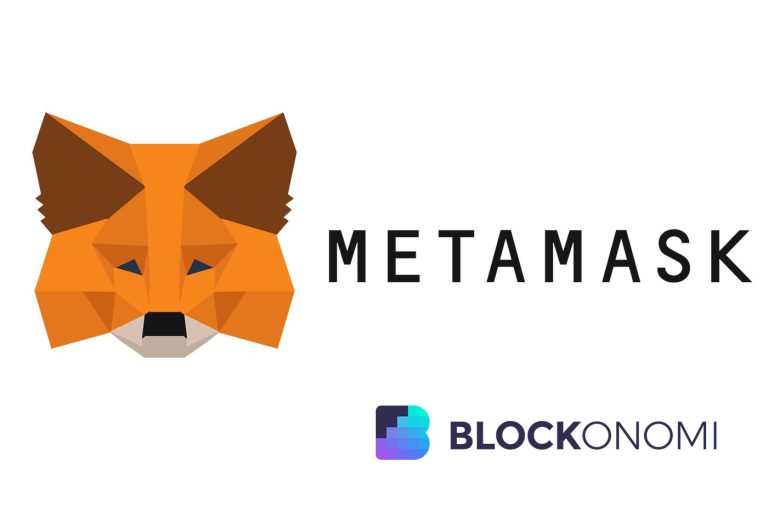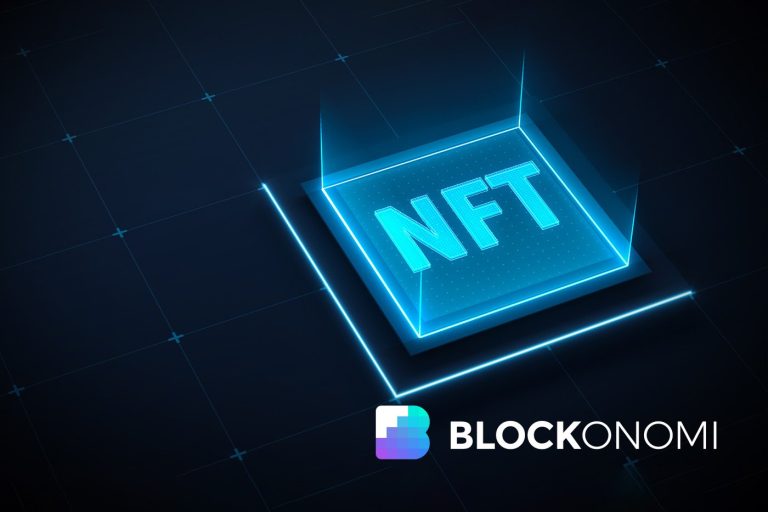
Exploring the Impact of 5G on Communication and Connectivity
Takeaways: 5G technology is set to revolutionize communication and connectivity by offering unprecedented speeds, low latency, and the ability to support a vast number of devices. Its impact will be felt across various sectors, from healthcare to entertainment, driving innovation and enhancing user experiences.
As the world becomes increasingly interconnected, the advent of 5G technology marks a significant milestone in the evolution of communication. Unlike its predecessors, 5G promises to deliver lightning-fast internet speeds, ultra-reliable low latency, and the capacity to connect a massive number of devices simultaneously. In this article, we will explore the impact of 5G on communication and connectivity, examining its implications for various sectors and its potential to transform our everyday lives.
The Promise of 5G Technology
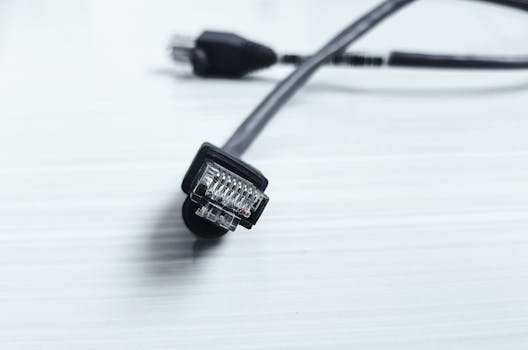
Moreover, 5G’s low latency—often as low as 1 millisecond—enables real-time communication, which is crucial for applications such as online gaming, virtual reality, and autonomous vehicles. The ability to transmit data with minimal delay opens up new possibilities for innovation across various fields, including telemedicine, smart cities, and the Internet of Things (IoT).
Enhancing Communication and Connectivity
One of the most profound impacts of 5G will be on communication. With its superior speed and capacity, 5G will enhance voice and video calls, making them clearer and more reliable. Whether it’s a business meeting conducted via video conferencing or a simple phone call, users can expect a seamless experience devoid of lag or interruptions.
In addition, 5G technology is set to revolutionize the way we interact with the world around us. The integration of IoT devices will be significantly more effective with 5G, as the network can support millions of connected devices per square kilometer. This capability will lead to smarter homes, where appliances communicate with one another, and smart cities, where infrastructure is optimized for efficiency and sustainability.
For businesses, 5G presents opportunities for improved customer engagement and operational efficiency. Companies will be able to leverage real-time data analytics to make informed decisions, enhance supply chain management, and personalize marketing strategies. Furthermore, sectors such as healthcare will benefit immensely, as remote patient monitoring and telehealth services become more reliable and accessible through 5G connectivity.
Challenges and Considerations

Moreover, there are concerns regarding security and privacy. As more devices connect to the internet, the potential for cyberattacks increases. Ensuring robust security measures will be crucial to protect users and their data. Stakeholders must work collaboratively to establish standards and protocols that safeguard the integrity of 5G networks.
Conclusion


